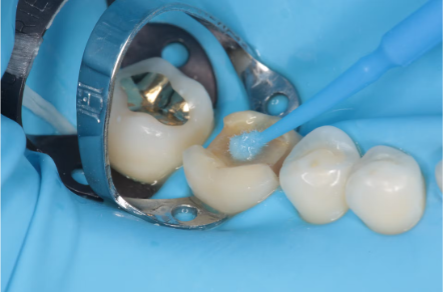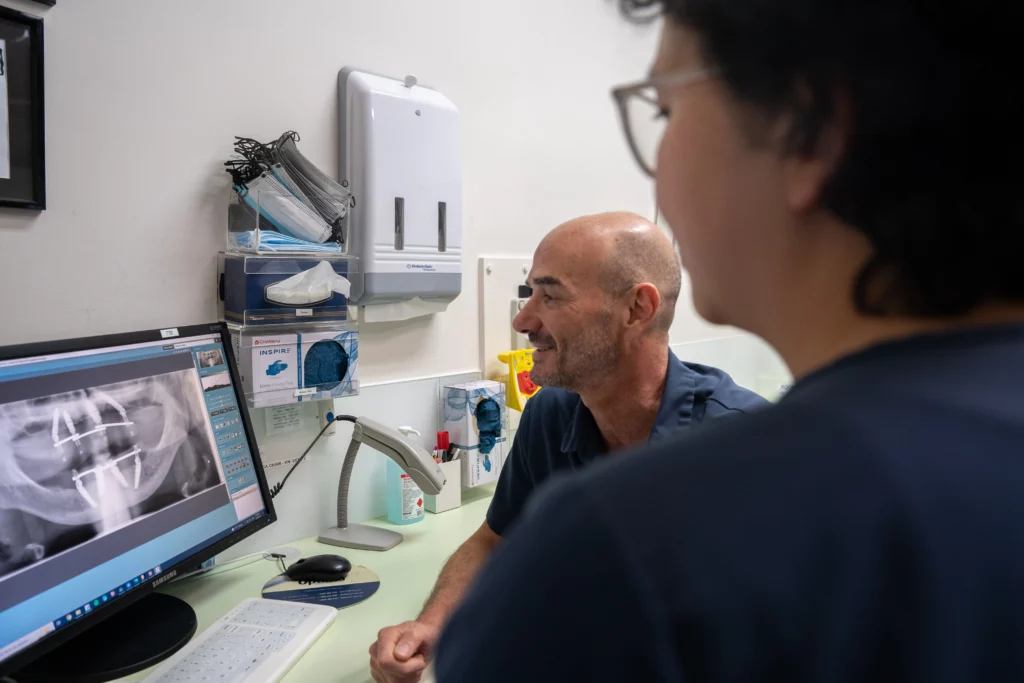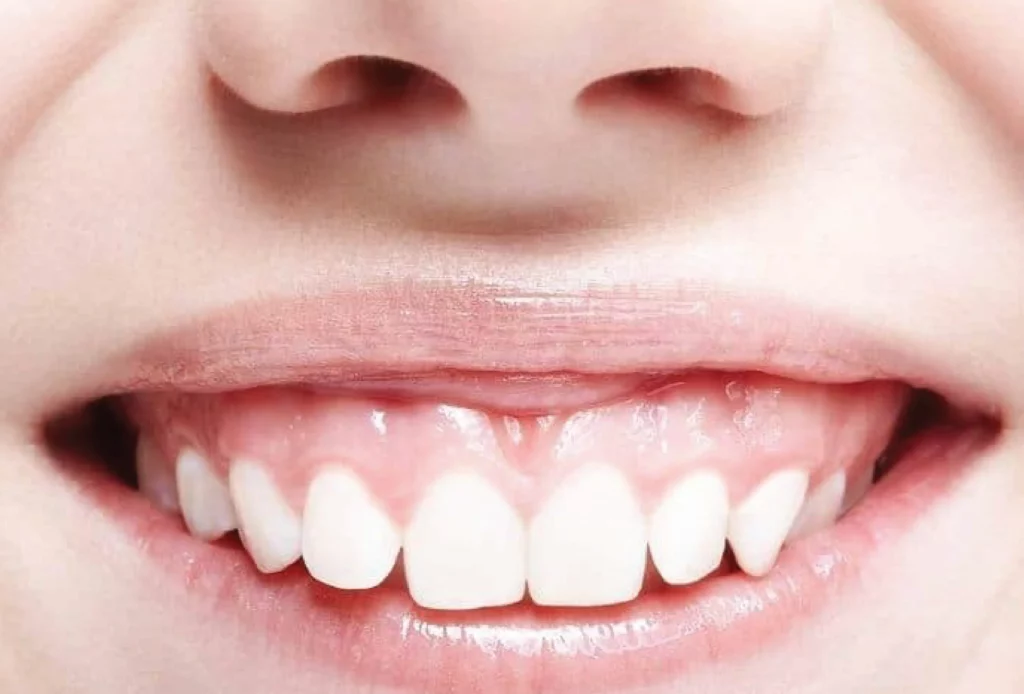
What may seem as a risk-free part of the body can be a birthplace of deadly mouth cancers.
In 2011, there were 700 people who died from cancer of the pharynx, lip and oral cavity according to the Australian Bureau of Statistics. The figure is more than twice the death rate of cervical cancer. Despite that, only few, even those in the medical community, are aware that oral cancer is preventable.
Dr. Mahmoud Bakr and Emma Skerman, researchers from the Griffith University School of Dentistry and Oral Health, rolled out a survey to dentists, dental students and community members who attended the Griffith Health dental clinics. It revealed that only a few patients know of mouth cancers, how they develop and how they can be prevented.
Commenting on the results, Dr. Bakr said, “Dental students do learn about oral cancers, but medical students only get a cancer overview, unless they specialise. The general public clearly has not been informed.” He added, “First of all the community needs to know that oral cancer exists, secondly if people suspect anything abnormal in their mouth, they need to go to a dentist not a general medical practitioner for an oral cancer screen.”
“The information is out there, but just needs to be promoted,” he further stated.
The lack of knowledge about the malignant disease is not unique to Australia. The British Dental Health Foundation conducted a survey for Mouth Cancer Action Month, and also found the lack of awareness regarding oral cancer causes and symptoms alarming. Response from more than 1,000 individuals revealed limited knowledge about such type of cancer. Furthermore, more than one in 10 people claimed to have never heard of oral cancer.
Early Detection Is Key
Dr. Peter Alldritt, ADA’s Oral Health Committee chairman, said, “Every day, at least three Australians are being diagnosed with oral cancer. Survival rates for oral cancer remain low despite advances in treatment and this can be attributed to late detection. Recognising the risk factors and signs of oral cancer is vital to better prognosis and outcomes.”
“Early detection of oral cancer can save lives, so it’s important to know what you should be looking out for in your mouth. Ulcers or lumps in the mouth which do not heal within two weeks should be treated with suspicion. Smoking, alcohol, poor diet, sun exposure and the human papilloma virus (HPV) all contribute to a person’s risk of presenting with oral cancer,” Dr. Alldritt added.
Ms. Skerman, who is in her fifth year of dental school, has looked into different modes in order to spread awareness. According to Dr. Bakr, methods, like displaying posters, handing out booklets or hosting oral health events, can do such that. He said, “An oral cancer-screening day conducted by a Dental Clinic could raise awareness of oral cancer, in the broader community. A similar day kicked off awareness in Ireland when a screening was done at Dublin University. They also found five cases of preventable cancer.”



